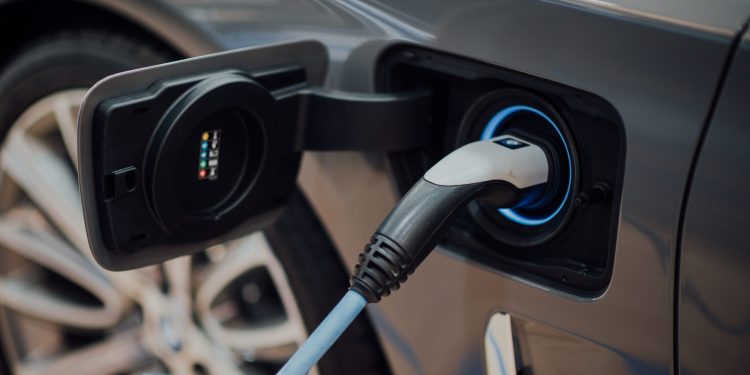Clean Car Bill one step closer, Parliament continues to have split of opinion
Words: Zane Shackleton
Members of Parliament have finished a second reading of the Land Transport (Clean Vehicles) Amendment Bill, moving the bill one step closer to fruition.
MPs debated the latest report from the select committee, who have spent the last few months dwelling over the bill’s first reading.
New Zealand Labour, The Green Party and Te Paati Maori voted for the bill to advance to a third reading. New Zealand National and the ACT Party voted against.
Final vote tallies were 77 in favour and 43 against. The bill is now passed onto the Committee of the Whole House, who will vote on recommended changes before the final reading.
Minister of Transport Michael Wood opened the second reading debate. He said the bill’s impact is already a success, with a surge in Kiwis buying electric vehicles.
“The clean car discount has already led to an enormous increase in the number of clean vehicles entering the New Zealand fleet,” he said.
“New Zealanders are voting with their feet. They’re voting with their wallets. They want cleaner and more affordable vehicles. This policy is already working.”
Wood emphasised the proposed act will help New Zealand achieve its low emission targets.
“Modelling shows [the bill] will prevent over 5 million tonnes of carbon dioxide by 2050.”
National’s transport spokesperson Simeon Brown says his party is opposed to the bill as it is unfair to specific consumers.
Namely, Brown is concerned for farmers and tradespeople who often use high-emission vehicles as part of their work. These vehicles will be penalised under the proposed act.
“The reality is that what will happen is that our tradies, our farmers, and those who need a ute for their job will end up paying 15 to 20 per cent more, on average, for their vehicles.
“And what will they do with that cost? Do you think they are just going to suck it up? Or do you think they are going to pass it on to the people who they supply services for?”
The ACT Party echoed National’s claims. ACT’s transport’s spokesperson Simon Court dubbed the bill: “two taxes dressed up as an ugly climate fairy.”
Labour returned National’s serve by suggesting they were the ones who supported the establishment of the independent climate commission.
“At some point, they are going to have to stop opposing every single measure that is actually put forward to achieve any of their targets,” Wood said.
As for the car companies, the ones set to face the biggest blow from the bill, reception continues to be mixed.
NZ Autocar reported earlier this year Suzuki considered pulling out of the local market because of the “nonsense” clean car bill. However, they have since reiterated that they will stay, albeit hesitant of the impending rising costs.
Similarly, Kiwi car dealers are encouraged to register their stock now to minimise the financial impact to come.





